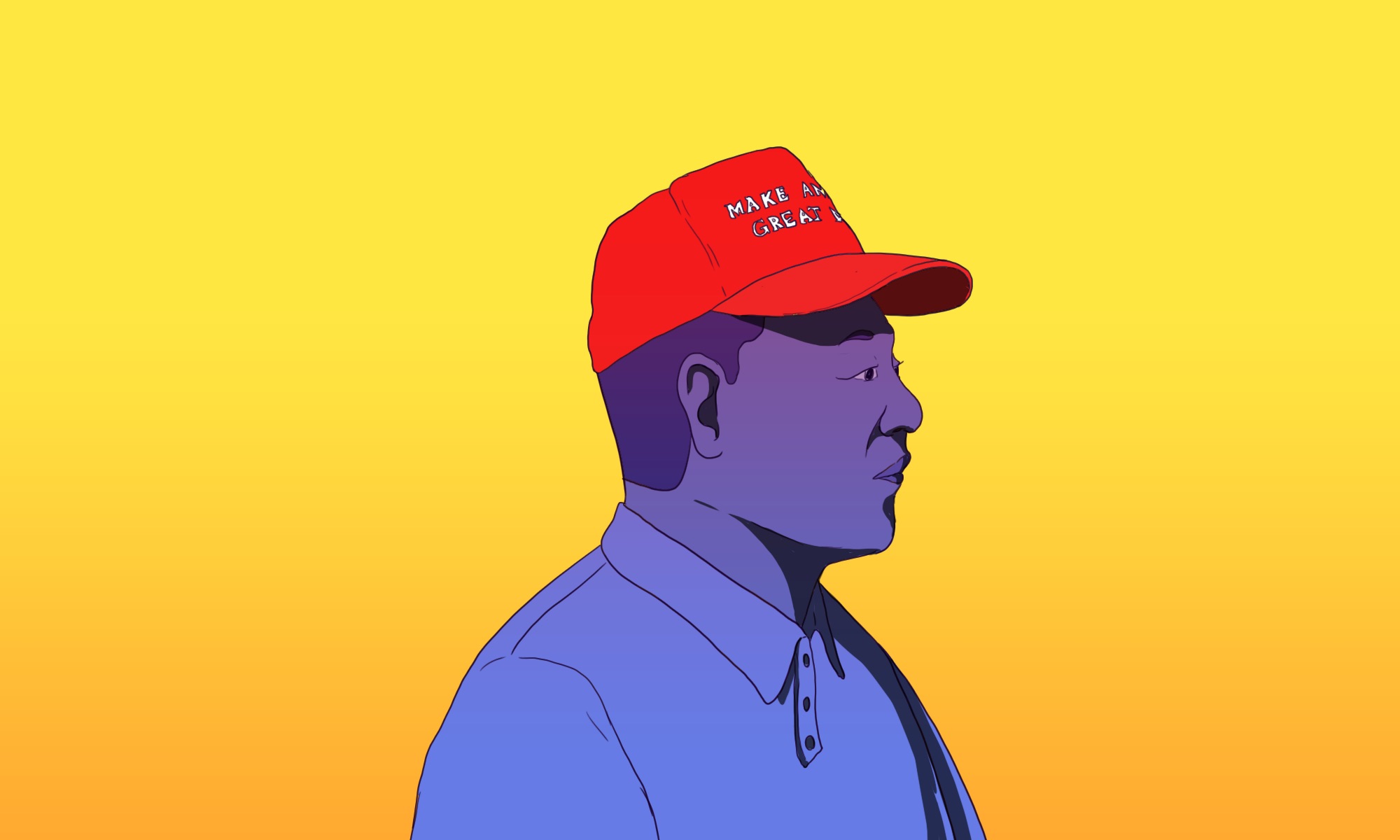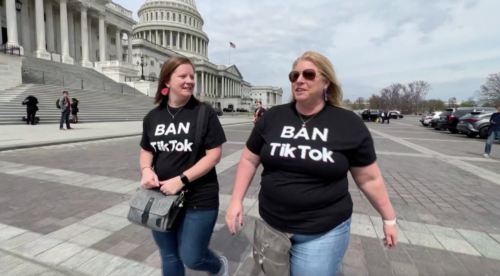Trump’s WeChat attack has lost him Chinese-American support
On August 6, President Trump issued an executive order to prohibit financial transactions involving WeChat — the Chinese app that helped him win the 2016 election.

A travel enthusiast, Dongmei Li became acquainted with Oreo, a Navajo woman, while hiking in the Chaco Culture National Historical Park near the Four Corners region. Li stayed in touch after leaving, even sending Oreo a Chinese silk scarf upon her wedding. And so it was that when Li began canvassing for Donald J. Trump in 2016, she did not hesitate to contact Oreo to ask for support. After learning that the nearest poll was in Farmington, 60 miles away from Four Corners, Li mobilized pro-Trump Chinese Americans on WeChat, a messaging app ubiquitous among Chinese speakers, and helped get Oreo there to vote.
WeChat can function as a mini-PAC, where users launch grassroots fundraising by instantaneously transferring assets. Li’s scheme worked. Volunteers raised $800 and provided buses for the Navajos. That year, 20,577 people from Oreo’s county voted Republican. Trump ended up winning Arizona by just 91,000 votes (3.5%).
On August 6, WeChat, the app which helped Trump win Arizona, came under attack — by Trump himself. The president caused panic among Chinese Americans by issuing an executive order which would prohibit any person subject to U.S. jurisdiction from engaging in any transaction involving WeChat with Tencent Holdings Ltd., the app’s mother company. Ironically, Chinese Americans who support Trump often use it to organize rallies and canvass.
Elsewhere, WeChat functioned as the go-to platform for conservative political campaigns during the 2016 election. David Tian Wang, with just over 700 followers on Twitter, calls himself an activist and grassroots volunteer. But his real field is WeChat. In June 2015, Wang started a three-person WeChat group, “Duck Mouth Fan Club” (鸭嘴粉丝团 yā zuǐ fěnsī tuán), originally aimed at poking fun of Trump. But he renamed the group “Chinese Americans for Trump group,” i.e., CAFT (华裔北美川普助选团 huáyì běiměi chuān pǔ zhù xuǎn tuán), after it began attracting serious Trump supporters. In less than a year, CAFT has ballooned into a network with more than 7,000 members in over 30 states, and has made headlines after launching aerial advertising nationwide and taking part in the Republican National Convention.
At first glance, Chinese Americans are unlikely supporters of Trump. Only 10% of Chinese Americans were enrolled in the Republican party in 2016, according to a poll by Asian American Legal Defense Education Fund, a nonprofit organization. But this belies the conservative undercurrent among first-generation Chinese Americans who, though in the minority, believe that Trump would act in their interest. Political scientists often ascribe Trump’s victory to long-silenced rust belt workers. But disaffected Chinese Americans and their allies, mobilized by WeChat, might well have played a pivotal part.
Two issues in particular stoked conservative WeChat movements. The first is illegal immigration. Many Chinese are naturalized as immigrant workers who either demonstrated “extraordinary ability in the sciences, arts, education, business or athletics” or invested at least $1 million to create 10 full-time positions. Naturalization sometimes takes more than 10 years. Consequently, they are shocked by Democrats granting citizenship to illegal immigrants, a move they see as rewarding the fortunate as opposed to immigrants who paid their dues. “[Unauthorized immigrants] should have taken the right path, taking the legal path,” Wang told Newsy, a digital newspaper. “Now if they do that, I celebrate them. They are diversity, and I celebrate diversity.”
The second is affirmative action, which some claim discriminates against Asians in college admissions by favoring other minorities. The National Asian American Survey found that while support for affirmative action remains consistently above 70% among other Asians, only 41% of Chinese Americans support affirmative action in 2016. Given that half of foreign-born Chinese Americans have a Bachelor’s degree or above, they are likely the beneficiaries — hence supporters — of gaokao, China’s meritocratic national college entrance exam. Not surprisingly, when Senate Constitutional Amendment 5 (SCA 5) threatened to reinstate the use of race, sex, or ethnicity in public employment and education in California, Wang led a swarm of angry Chinese American protesters and pressed Assemblyman Edwin Pun Chau (周本立 Zhōu Běnlì, D—Monterey Park) into opposing the bill. Writing in his WeChat post, Wang, who supported Obama in 2008, recalled the introduction of SCA 5 as the juncture when he turned Republican.
But perspectives are changing among the Chinese-American right. Many now doubt Trump’s sincerity, as he repeatedly calls COVID-19 the “Chinese Virus” and takes aim at Chinese apps like WeChat. Economic decoupling contrived by the Trump administration also dilutes America’s image as a superpower. These moves have left Chinese Americans feeling betrayed. “My tenet is friendly relations, win-win solutions (中美友好、合作共赢 zhōng měi yǒuhǎo, hézuò gòng yíng),” said Li, adding that Trump does the exact opposite by banning WeChat, thus cutting off their lifeline. She, along with many disillusioned Chinese Americans, will vote for Biden in November.
After her hiking trip, Li analogized Four Corners to the poverty-stricken Northwest China, and asked her friends to organize camping and immersion trips there to boost the local economy. That vision is now elusive, as Trump’s unscrupulous rhetoric and attack on Chinese tech companies have deterred Chinese investors. Thanks to his political shortsightedness, Trump has lost a valuable investment — and yet another ally in his upcoming run for re-election.






